#Biden
How Much Are Updated CAFE Standards Actually Going to Save You?
With the United States Department of Transportation having formally announced upgraded Corporate Average Fuel Economy (CAFE) standards starting in 2024, the Biden administration was quick to point out that the decision would likely make automobiles even more expensive than they already are. However, the caveat to this was that it also assumed fuel prices would come down as improved efficiencies reduced North America’s hunger for fuel.
This effectively undoes fueling rollbacks instituted under the Trump administration on the grounds of reducing costs to consumers and cutting regulatory red tape for a prospective future where fuel prices are reduced without the need to spur oil production. But what does that actually mean in terms of dollars and cents?
What Is the Real Reason for High Gas Prices?
When gas prices spike, we argue.
It’s the current president’s fault. It’s the previous president’s fault. It’s about the Russian invasion of Ukraine, and on and on.
Now Yahoo! Finance columnist Rick Newman suggests that politics and war aren’t the problems, but simple economics are.
Suspending Federal Fuel Tax Pitched By Senate, White House
President Joe Biden and Democratic lawmakers have suggested ending the federal gas tax until 2023 as a way to offset fuel prices that are nearing record levels and possibly appease some on-the-fence voters ahead of midterm elections. Senators Mark Kelly (D-AZ) and Maggie Hassan (D-NH) recently pitched the bill in Congress. While the White House has not made any official endorsements, it’s offered tacit support by saying it didn’t want to limit itself in terms of finding new ways of easing the financial burdens Americans are facing during a period of high inflation.
“Every tool is on the table to reduce prices,” White House assistant press secretary Emilie Simons said in regard to a possible gas tax holiday. “The president already announced an historic release of 50 million barrels from the Strategic Petroleum Reserve, and all options are on the table looking ahead.”
U.S. EPA Readies Strictest Vehicle Emission Requirements Ever
We’ve got good news for people who want fewer choices in the type of cars they’ll be able to purchase in the future.
The U.S. Environmental Protection Agency (EPA) has finalized strict new vehicle emissions requirements through 2026 that would reverse the current standards set by the agency under former President Donald Trump. The Trump administration rolled back some of the long-term environmental policies implemented under the Obama administration. However, the Biden administration has said its biggest focus will be on addressing climate issues by dissolving those policies restoring the targets established when Barack Obama was still in the White House. The agency released some proposals in August outlining the general path it would be taking. But the details dropped by EPA Administrator Michael Regan on Monday vastly exceed those Obama metrics serving as a benchmark.
Biden Executive Order to End Gasoline Powered Vehicle Purchases
On Wednesday, President Joe Biden signed an executive order committing the United States to the acquisition of only zero-emission vehicles by 2035 for the federal vehicle fleet.
This is totally in line with the administration’s stated desire to focus on transitioning the nation toward renewable energy sources while advancing electric vehicle adoption rates. But the event was curiously not celebrated with the applicable fanfare. Biden signed the document without media there to capture the moment and reporters failed to ask about it during a press event on the White House lawn later in the day. Were it not for an official fact sheet issued by the administration later in the day, we may never have known there even was a signing.
Vaccine Mandates Being Considered By Auto Industry, UAW
With the Biden administration having announced that it would start requiring companies to vaccinate employees, automakers and UAW are finding themselves in a sticky situation. Unions had previously said they wanted to hold off on endorsing or opposing mandatory vaccinations until after they discussed things with the industry and their own members. Considering Joe Biden said he wouldn’t make vaccines mandatory less than 10 months ago, employers are getting caught with their pants around the proverbial ankles.
Automakers had previously been surveying white-collar workers to see what they wanted to do while upping on-site COVID restrictions, but operating under the impression that any hard decisions were likely a long way off and left entirely to their discretion. Now the Department of Labor’s Occupational Safety and Health Administration is planning a new standard that requires all employers with 100 (or more) employees to guarantee their workforce is fully vaccinated or require any unvaccinated workers to produce a negative test result on a minimum weekly basis.
Correct: Honda Says Senate Tying EV Subsidies to Unions Discriminatory
Despite regulatory efforts often being praised as essential for elevating standards and promoting safety, they’re also an excellent way to funnel money and favors between political and corporate entities in plain sight. This dichotomy is particularly glaring in regard to environmental restrictions, which frequently favor businesses that are wealthy enough to afford to adhere to them and subsidies that effectively reroute tax funding to support various industries.
Considering this, it’s fairly rare to see bigger businesses griping about government assistance. But that’s exactly what Honda is doing with a proposal in Congress seeking to provide additional EV subsidies to consumers that buy vehicles manufactured by union-backed plants. The manufacturer has stated it believes the Clean Energy for America Act is discriminatory by favoring specific automakers and will ultimately restrict the choices available to consumers – which is true.
Biden Fuel Rules Unveiled, Will Exceed Obama's Goals
The Biden administration is proposing a return to the Obama-era fuel-economy regulations over five years.
After that, the rules will get tougher, with the goal of getting 40 percent of American drivers into electric vehicles.
Brother of Top Biden Adviser Lobbied for General Motors
Washington, D.C. has long been thought of as a “swamp” of shady dealings, regardless of what party is in charge of the White House and/or Congress at any given time.
The previous president even promised to “drain the swamp,” though his critics would argue he made it swampier than ever.
Gas War: Biden Suspends Oil Drilling Leases in Alaska
On Tuesday, the Biden administration announced it would be suspending oil and gas leases issued in Alaska’s Arctic National Wildlife Refuge during the last days of the Trump administration. Bent on maintaining the United State’s energy independence, Donald Trump had moved to expand fossil fuel development in ways that would have been at odds with predecessor Barack Obama. But today’s White House represents a return to form, with an interest in supplanting traditional energy concerns with what it believes will be greener alternatives.
It’s bad news for the Alaskan state government, which had hoped to devote a subset of the region to rebuilding its oil industry by taking advantage of its vast reserves. But environmentalists and a subset of tribal representatives have praised the decision to prohibit development on protected lands. We expect consumers will have conflicting opinions, based largely upon how much they’re willing to pay at the pump.
President Biden Goes Truckin' With Ford
There are lots of pros to being the president of the United States. There are also many cons. To me, two of the biggest drawbacks would be the ever-present threat of assassination and having to give up driving forever.
Well, the current commander-in-chief is a car guy, and President Joe Biden reminded us of his automotive bona fides while giving Ford a nice PR boost. He did so by toolin’ around in a truck.
More specifically, the upcoming Ford F-150 Lightning.
QOTD: Change the World's Climate by 2030 or Just Talk About It?
The world’s climate has been centerstage the last two days. President Biden and other world leaders have vowed to reduce global warming by making drastic changes. Will they follow through?
At the 2015 Paris climate accord, then-President Obama set greenhouse gas reduction at half what Biden has proposed. Former President Trump, Obama’s successor, did little to forward this, but is it realistic for Biden, who served as Obama’s vice president, to double down on Obama’s goal in a relatively short time frame?
A Dozen More States Virtue Signaling Over Vehicle Bans
Having noticed that Washington got a bit of publicity for vowing to ban all vehicles reliant on internal combustion after 2030, a dozen other American states decided it would be a good idea to reaffirm their own religious-like commitment to the environment by saying they too will be restricting your choice of automobiles by 2035.
The coalition of states — most of which don’t have a populace that’s dependent on automotive manufacturing for work — also formally asked the Biden administration to introduce standards that would obligate the United States to ban everything that emits smoke within the next fifteen years. Many activist groups are calling it a heroic act, though it’s difficult to recall any parables where the hero went around banning things and also represented an institutional power structure.
Auto Lobbyists Attempt to Soften USMCA, Look to White House [UPDATED]
Lobbyists are reportedly seeking to soften the United States-Mexico-Canada Agreement (USMCA) now that there are some new faces in the White House. Signed in 2018, revised in 2019, and effective since 2020, the USMCA sought to restore North America’s manufacturing base with new content requirements and place the United States in a more favorable position than it held under the North American Free Trade Agreement. But industry groups are now claiming that interpretations from government agencies are gumming up the works, and accusing the U.S. of having a different interpretation from what the other nations had originally agreed upon.
“[The USCMA interpretation makes] meeting the … content provisions that much more difficult for everyone to achieve,” stated David Adams, president of Global Automakers of Canada.
Senate Confirms Biden Admin Pick to Head EPA
On Wednesday, the U.S. Senate voted 66-34 to confirm Michael Regan as the next administrator of the Environmental Protection Agency (EPA). The Biden campaign had signaled that it wanted to clean house following appointments from the Trump administration well before the election, noting that the EPA was of particular importance since it needs to be in line with the bold energy strategy. Regan’s role as administrator is essential since he’ll have the ability to encourage the United States to reduce emissions wherever possible.
Whereas the Trump administration sought to undo Obama-era policies it deemed untenable and soften the power of highly influential independent executive agencies, Biden and company are bent on restoring those policies while strengthening some of its own. Regan (44) is presumed to pursue greenhouse gas emissions reductions for automobiles, powerplants, and oil refineries by any means available. He began his career as an environmental regulator for the EPA during the Clinton administration, stayed on through the Bush years, and later joined the Environmental Defense Fund — a nonprofit environmental advocacy group that frequently partners with multinational companies to create “market-driven” solutions to climate change.



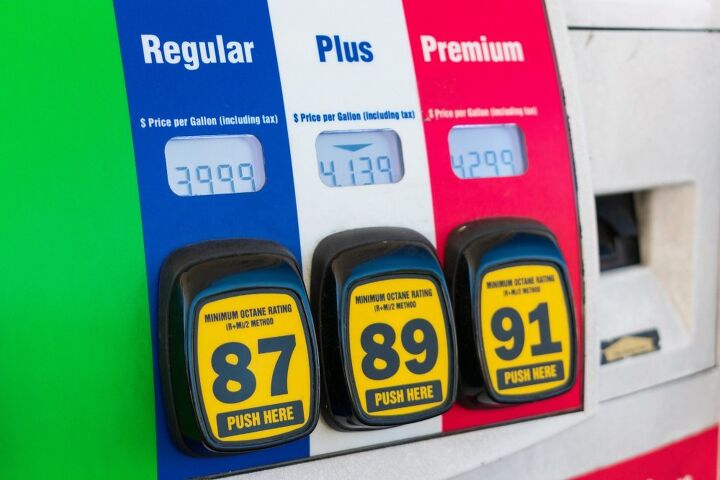

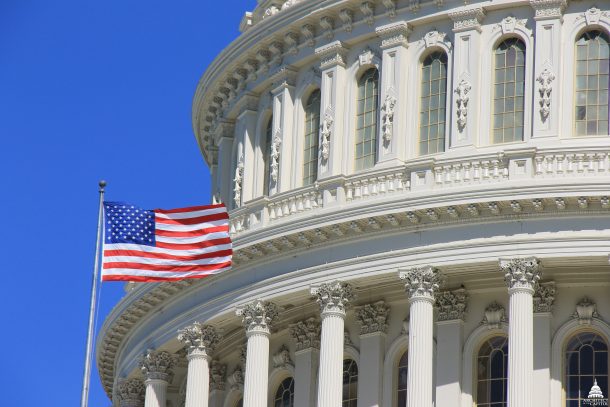

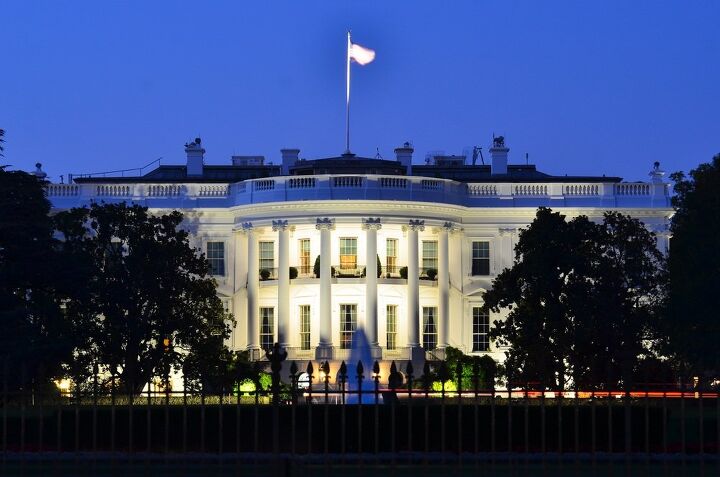
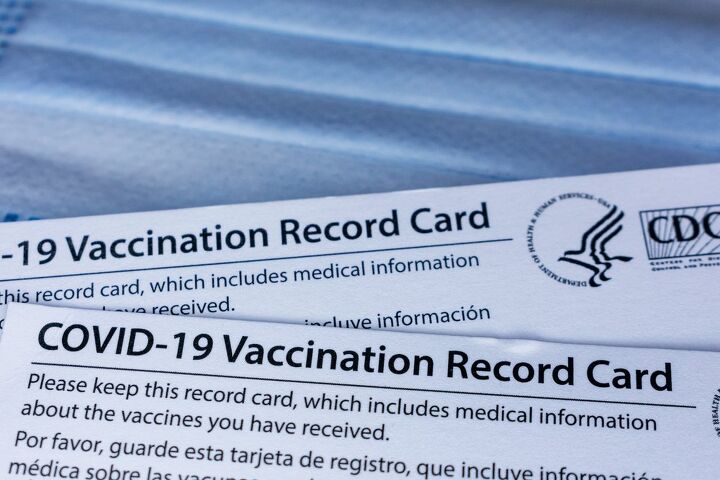
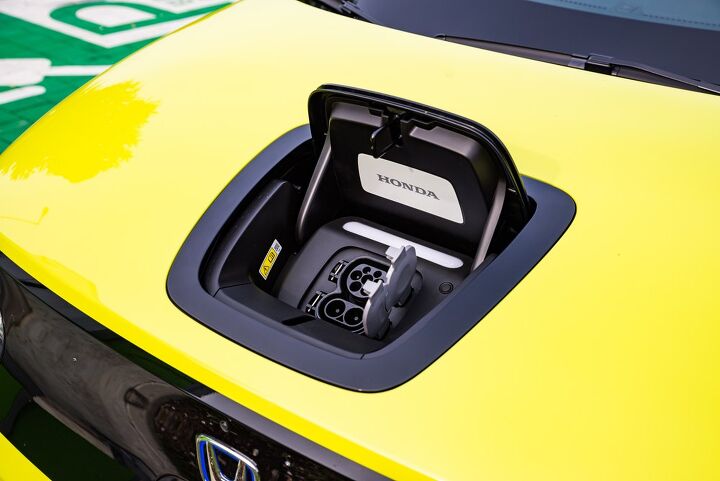
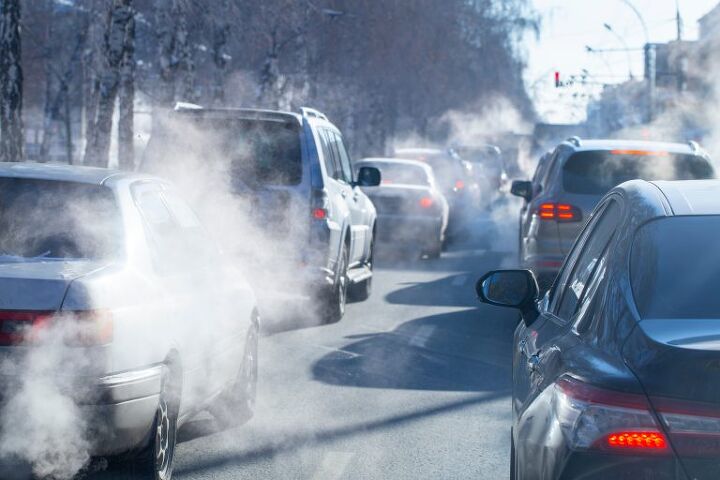
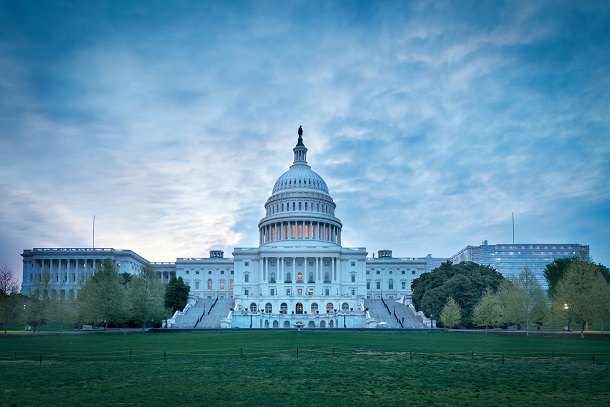

















Recent Comments